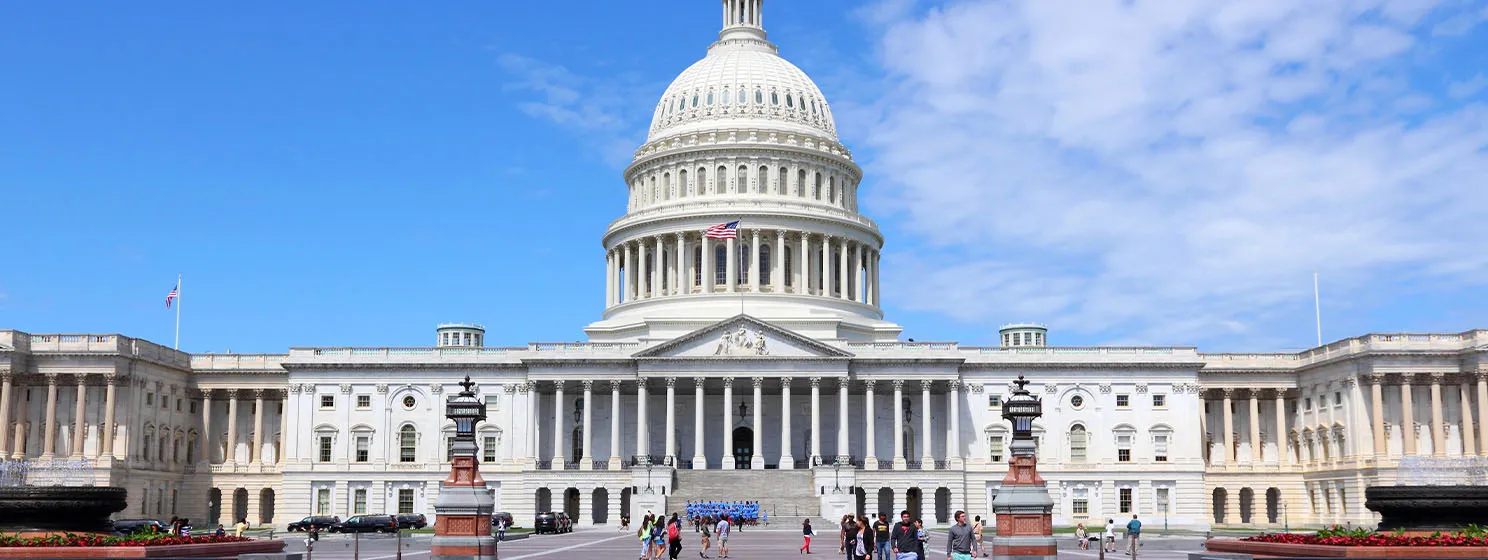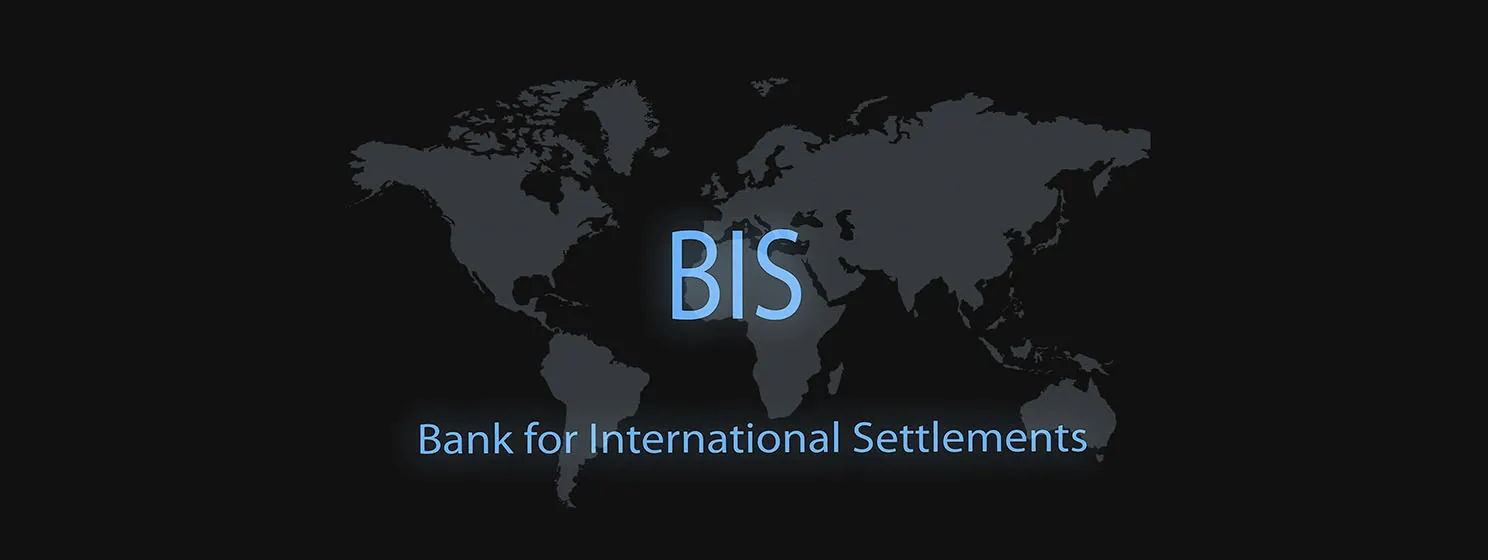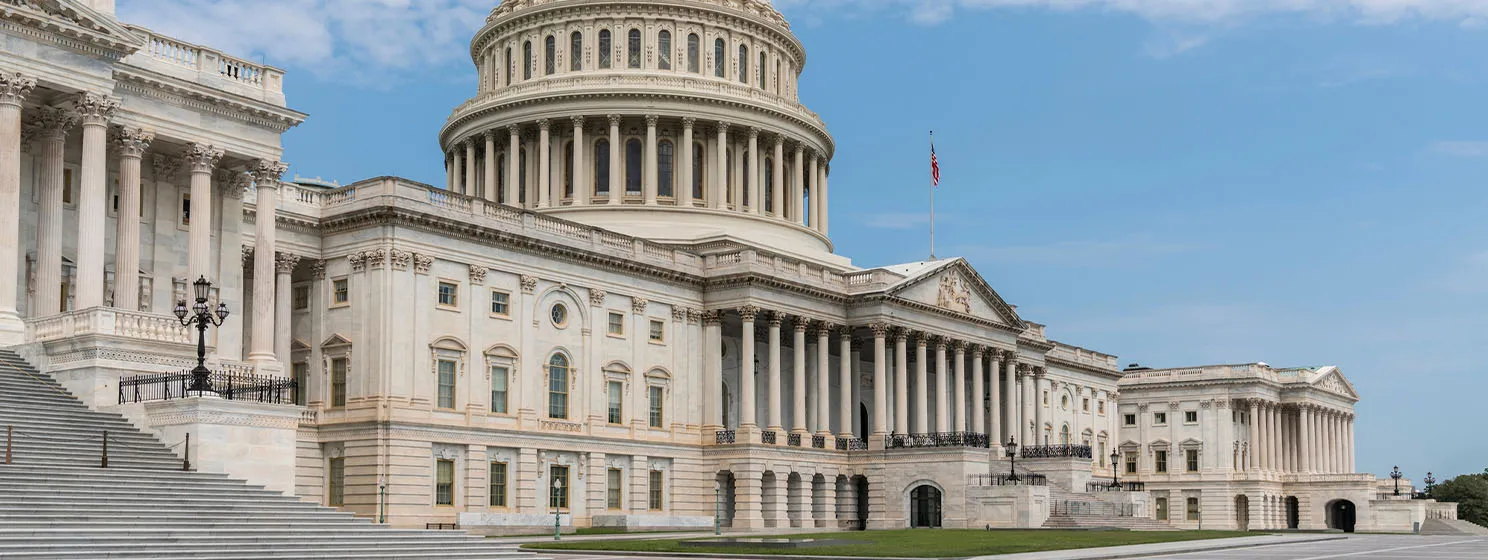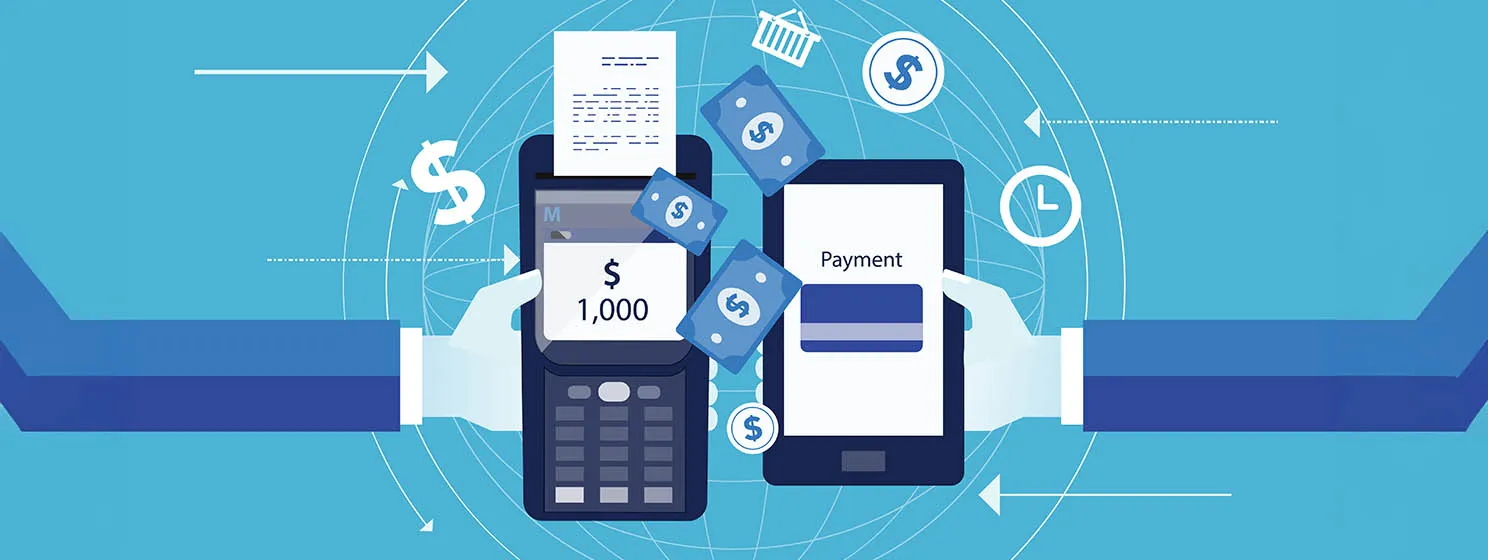
Kazakhstan
Sparkassen into ‘crypto’ trading; Kazakhstan sets up reserve
The $3 trillion savings bank network has changed its anti-crypto stance and now plans to offer digital asset trading services...
ADB aid Pakistan’s digitalization; NBK unveils payment solution
ADB boosted Pakistan's digitalization drive under an $800 million program; meanwhile, Kazakhstan merges TradFi and Web3 under a new payment...
Kazakhstan eyes CryptoCity; Stablecoin payment volume soars
Kazakhstan warms up to digital currencies with plans to launch a pilot zone for digital assets; meanwhile, stablecoin payments are...
Kazakhstan eyes crypto hub bid; Thailand mulls tokenized bonds
A Kazakh minister bares ambitious plans to make the country a digital asset hub; meanwhile, Thailand is looking into revitalizing...
Kazakhstan digital payments up; Vietnam integrates tokenization
As of March 1, Kazakhs owned 81M payment cards, and in February, they made a billion payments, transacting $30B, a...
Hong Kong university launches first local AI language model
Elsewhere, Kazakhstan has pledged to train 1 million citizens, half of whom are school children, on AI to turn them...
Recent
Trending
Most Views

 07-13-2025
07-13-2025 





























